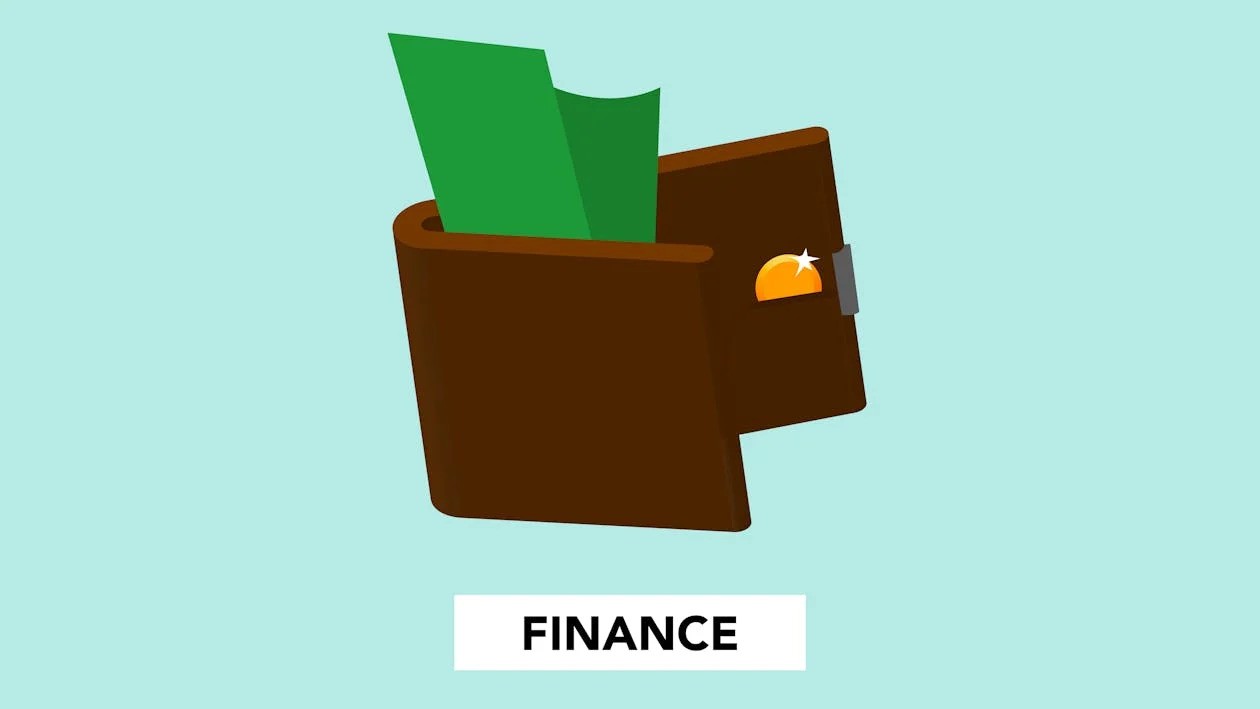How to Refinance a Car Loan
Refinancing a loan offers the prime opportunity to free up funds because of either a lower monthly payment or a lower interest rate. However, you still have a loan that you must pay, so it’s important to know how to refinance a car loan and do it correctly. You don’t want to end up paying more and having a new loan when you could just pay off your existing car loan.
Needless to say, refinancing a car loan is an important financial decision that you must think long and hard before taking the leap. This guide aims to educate you about the factors you must consider when thinking about this move, and whether it’s the right choice for you.
Key Takeaways
• Refinancing a car loan is an excellent financial strategy that can help lower your monthly payments or interest rate.
• Consider various factors to determine if refinancing your car loan makes sense financially. These factors include internal factors, such as your credit score and affordability, and external factors like prevailing market rates and prepayment penalties.
• The best way to determine if refinancing a car loan makes sense is to compare your current rates with the new one and ensure that you can save on the long term.
• Check if you qualify for a car loan refinance as most lenders have minimum requirements before approving your new loan.

Why Refinance Your Car Loan?
Depending on your situation, there are several advantages you can enjoy when you refinance your car loan. Here are the benefits worth considering.
1. Lower Monthly Loan Payments
The upfront benefit of refinancing your car loan is the lower monthly fees on your car loan. It is not always guarantee but that is what happens in most cases. Of course, it differs based on the terms you qualify for.
The downside to this is that you either have to pay a higher interest rate or you extend the terms of your loan, allowing you to ease on your monthly payments. This benefit is something that you must consider if you are having difficulty making your current loan payments. A more manageable monthly payment frees up your budget while ensuring that you don’t miss any payments.
2. Pay Less Interest
On the flip side, you can also benefit from having to pay a lower interest rate on your car loan. Many borrowers choose to refinance for this benefit, which means they could end up saving thousands of dollars in terms of the overall cost of the loan.
Several lenders are willing to negotiate a lower interest rate than your current loan, if the market interest rates drop or you have improved your credit score. Either way, these cases will give you enough wiggle room to negotiate with a lender. The subsequent benefit of getting a lower interest rate is that you can lower your monthly payments.
3. Shorten Loan Terms
For most borrowers choosing to refinance a car loan, they do this to shorten the loan terms allowing them to pay off the loan faster.
If you can afford a higher monthly payment, choosing a shorter loan term allows you to save money on interest rate. It’s tempting to choose the longer payment term but the entire loan cost also increases with a higher interest rate.
4. Cashing Out on Equity
When refinancing a car loan, there is an option to access some form of your car’s equity through cash. However, you should only do this if you have enough equity. Avoid cashing out your equity if you owe a significant amount of your car’s value as you could end up with a negative equity.
When Refinancing a Car Loan Makes Most Sense
With the above factors considered, these are the following scenarios when it makes most sense to refinance, regardless of your reason for doing so.
• Your credit score has improved and you think that it would help you get a better interest rate, which could save you more on the loan payments in the long run.
• You did not shop around for rates on your original loan. Many borrowers commit the mistake of not shopping around to compare interest rates, so they end up with an expensive loan. Refinancing can help you get out of that bad rate and get a better one.
• The market interest rate has dropped. Take advantage of this opportunity as you can get 1-2% rate decrease, which translates to thousands in savings!
• If your monthly payment is too high, consider refinancing to lower that monthly payment, especially if you can achieve it through a reduction in interest rates on the new loan.
Do You Qualify for a Car Loan Refinance?
The most basic consideration for lenders in determining if you qualify for a car loan refinance is the car itself.
Auto lenders have minimum requirements before refinancing a loan, which can either be in the car’s mileage or market value. For example, most lenders require that your car is not over eight years old or 10,000 miles. Therefore, an extended warranty on your car is a wise investment because you can use it for car servicing and other minor or major repairs without incurring additional cost. Keeping your car in good condition will benefit you down the road if you decide to refinance it as you can get a higher value assessment.
Lenders perform a car value assessment before approving your car loan refinance. You will only qualify if your car’s value meets the lender’s requirements for the loan-to-value ratio, which is mostly below 125%.
Determining if Car Loan Refinance is Right for You
Before you learn how to refinance a car loan, you must first determine if refinancing makes sense at all. Consider these factors before you make this big financial move.

Time on the Loan
If you only have a year left on your car loan, refinancing is a bad idea. It would be better if you stick it out for the remainder of your monthly payments instead of getting a new loan with a longer term (or a higher interest rate).
Monthly Payments
Don’t just consider if you can afford the new monthly payment when you refinance a car loan. Instead, compare the different monthly payments across various lenders and look at your existing monthly payments. Calculate the total cost of your monthly payments throughout the life of the term to have a picture of how much you’re paying – lower monthly payments do not necessarily mean more savings for you!
Credit Impact
Refinancing a car loan involves a hard inquiry on your credit report, especially if you open a new loan account. These two factors can have a significant impact on your credit score. In particular, getting a cash-out refinance loan could hit your credit score negatively.
But if you have a good payment history, refinancing won’t be as detrimental to your credit score.
Prepayment Penalties
Before you refinance, review the terms of your current car loan to ensure you won’t incur fees if you pay off your loan early. Most prepayment penalties come at a fixed amount or a percentage of the remaining balance.
Market Rates
Market rates significantly impact the interest rate when getting a new loan. Therefore, you might think that you’d get a better interest rate if you refinance since your credit score and income has improved since you first applied for the loan. But it is still dependent on the prevailing market rates, so you’re not always guaranteed to get a better interest rate.
How to Refinance a Car Loan: Step-By-Step Guide
Car loan refinancing is a powerful financial tool when you know how to use it wisely. Take note of these steps on how to refinance a car loan to determine what’s right for you and how to optimize the opportunity.
Step 1: Assess Your Current Loan
Before choosing to apply for a car loan refinance, you must review the current terms of the loan. Look at your remaining balance, interest rate, remaining number of monthly payments, and the monthly payment value.
Using these details, you can assess your current financial situation and look at your options if you can get a better rate or terms with a new loan.
Step 2: Know the Car Value
Your car is the most important tool you can leverage when applying for a car loan refinance. Get up to 180% of your car’s value in refinance loan, although this number could vary from lender to lender. In addition, lenders base the loan amount on the car’s retail value instead of the trade-in value. This information will give you a fair assessment of the total loan refinance value.
Step 3: Check Your Credit Score
Credit is vital in your car loan refinancing application. The higher your credit score, the better your chances of being approved for the loan.
Monitor your credit report and score as it might have improved since your last loan application. Aside from increasing your chances of approval, it also increase your chances of negotiating better interest rates.
Step 4: Gather Required Documents
Organize the documents required for car loan refinancing. Your lender will provide a list of documents you must provide as requirements in the application process. Make sure to provide a copy of your original loan contract as your new lender might require it. Refinancing lenders might require additional documents and requirements.
Step 5: Shop Around
Whether you are applying for a car loan for the first time or refinancing, it’s a good practice to shop around various lenders before you settle for one. Gather as many quotes as possible so you can get an idea of how much you can borrow and are required to pay on various terms. No need to worry about getting as many quotes from various lenders as possible as this won’t affect your credit unless you apply.
Step 6: Apply or Prequalify for Refinancing
If you have found the right deal, you can start the application process for a car loan refinancing. During application, you must submit all required documents by the lender. You can close the application process within a few days as long as you’ve complied with the requirements.
Once you’re approved for the refinanced loan, your lender will pay off your existing loan and you will settle the new monthly loan payments with that particular lender within the agreed schedule.
Additional Tip:
Continue making payments on your original loan until you are notified that the car loan refinance has paid it off. You don’t want to risk hurting your credit by stopping payments when you still owe your original lender.

Bottom Line
No matter the reason for refinancing a car loan, it’s a great financial strategy when done right. Therefore, you must consider every aspect and pick the right lender that is willing to negotiate with you. Also, consider your overall circumstances, as well as your short- and long-term financial goals. You must crunch numbers to ensure you don’t end up with a more expensive loan in the long run.
FAQs
Does refinancing a car hurt your credit?
Yes, refinancing a car loan will impact your credit but how much it impacts will depend on a few factors. As long as you make on-time payments on the loan, the impact on the credit score will be minimal. In fact, many borrowers refinance a loan to improve their payment history and eventually boost their credit scores.
How many times can I refinance my car?
There is no legal limit to how many times you can refinance your car. However, the older your car is, the more difficult it will be to qualify for a car loan refinance as most lenders have minimum qualification requirements.
How soon can I refinance my car?
The general recommendation is between 60 to 90 days because this allows you time to process the car’s title. However, you should wait at least 12 months before refinancing your car.
Can you refinance a car loan with bad credit?
Yes, anyone with a bad credit can qualify for a car loan refinance. However, you might be limited in options and won’t be able to negotiate the best terms for the refinance loan. To give you an idea, the credit score requirements for most refinance lenders is 620, according to BankRate.




